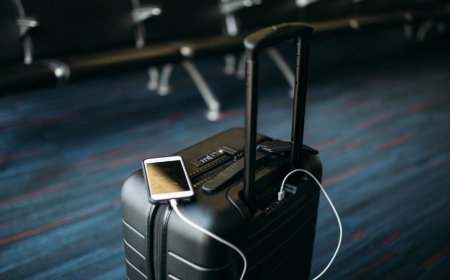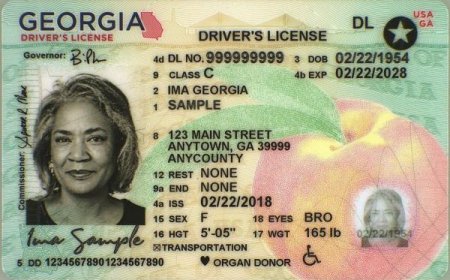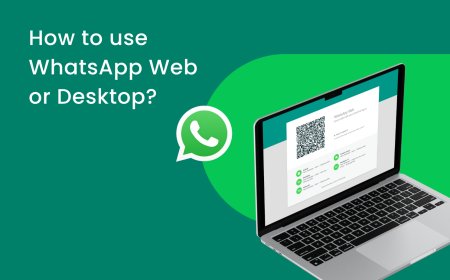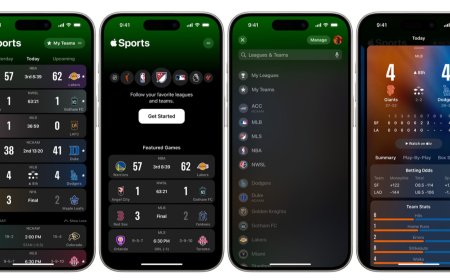Protect Yourself And Your Devices While Traveling Abroad
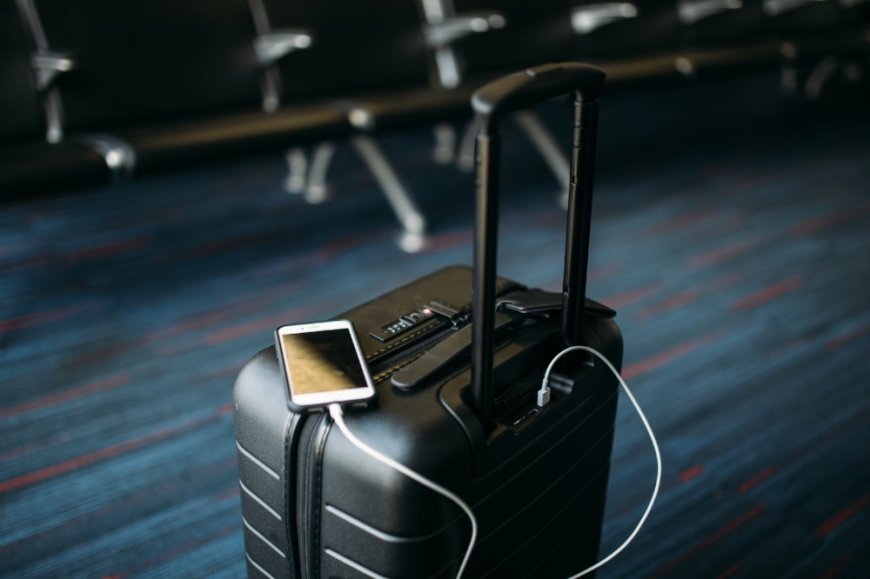
Protect Yourself And Your Devices While Traveling Abroad
Here are some tips to help you avoid potential tech-related issues when traveling:
-
Be cautious when connecting to public Wi-Fi networks: Public Wi-Fi networks can be insecure, and cybercriminals can use them to steal personal information. It's best to avoid using public Wi-Fi networks when traveling abroad, especially for sensitive activities such as online banking or accessing work emails.
-
Use a VPN: If you must use a public Wi-Fi network when traveling, use a virtual private network (VPN) to encrypt your data and protect your privacy.
-
Be aware of cybersecurity threats: Cybersecurity threats can vary by country, so it's essential to do your research before traveling to a new destination. This includes being aware of phishing scams, malware attacks, and other potential cybersecurity risks.
-
Prepare for potential device seizures: Some countries may have strict laws regarding electronic devices such as smartphones, laptops, and tablets. Be aware of the laws and regulations in the countries you're traveling to and ensure that your devices are compliant with local laws. You may want to consider backing up your data to a cloud-based storage service or a portable hard drive in case your device is seized.
-
Keep your devices secure: Keep your devices secure by using a strong password or biometric authentication, such as fingerprint recognition. Also, avoid leaving your devices unattended in public places.
-
Be aware of roaming charges: Roaming charges for data and international calls can be expensive, so it's important to understand the charges and set a limit on your usage.
By following these tips, you can help protect yourself and your devices while traveling abroad.
When it comes to tech-related issues while traveling, there are a few more things you should be aware of to ensure a smooth trip. Here are some additional tips:
-
Check your phone plan: Before you leave for your trip, check with your phone provider to see if they offer international roaming plans or if you'll need to purchase a local SIM card. Using your phone abroad without a plan can result in significant data charges or even a suspended service.
-
Backup your data: Back up all important data such as documents, photos, and videos before you leave. In case of loss or theft, you will still have access to your important files.
-
Avoid using public charging stations: Public charging stations can be a convenient way to keep your devices charged on the go, but they can also be a potential security risk. Cybercriminals can install malware on these stations to steal your data. It's best to bring your own charger or use a portable power bank.
-
Prepare for power differences: Different countries may have different voltage and plug types. Make sure to check the voltage requirements for your devices and bring an adapter that fits the country you're visiting.
-
Be aware of location tracking: Some apps or services may track your location data, which can be a privacy concern. Check your app settings and disable location tracking for apps that don't need it.
-
Be cautious with public computers: Public computers, such as those in hotel business centers or internet cafes, can be convenient, but they can also be insecure. Avoid accessing sensitive information on public computers, such as logging into your bank account or email.
In conclusion, taking the necessary precautions when traveling with your tech can help prevent any mishaps or issues that may arise. By following these tips, you can enjoy your trip with peace of mind knowing your devices and data are secure.
What's Your Reaction?















